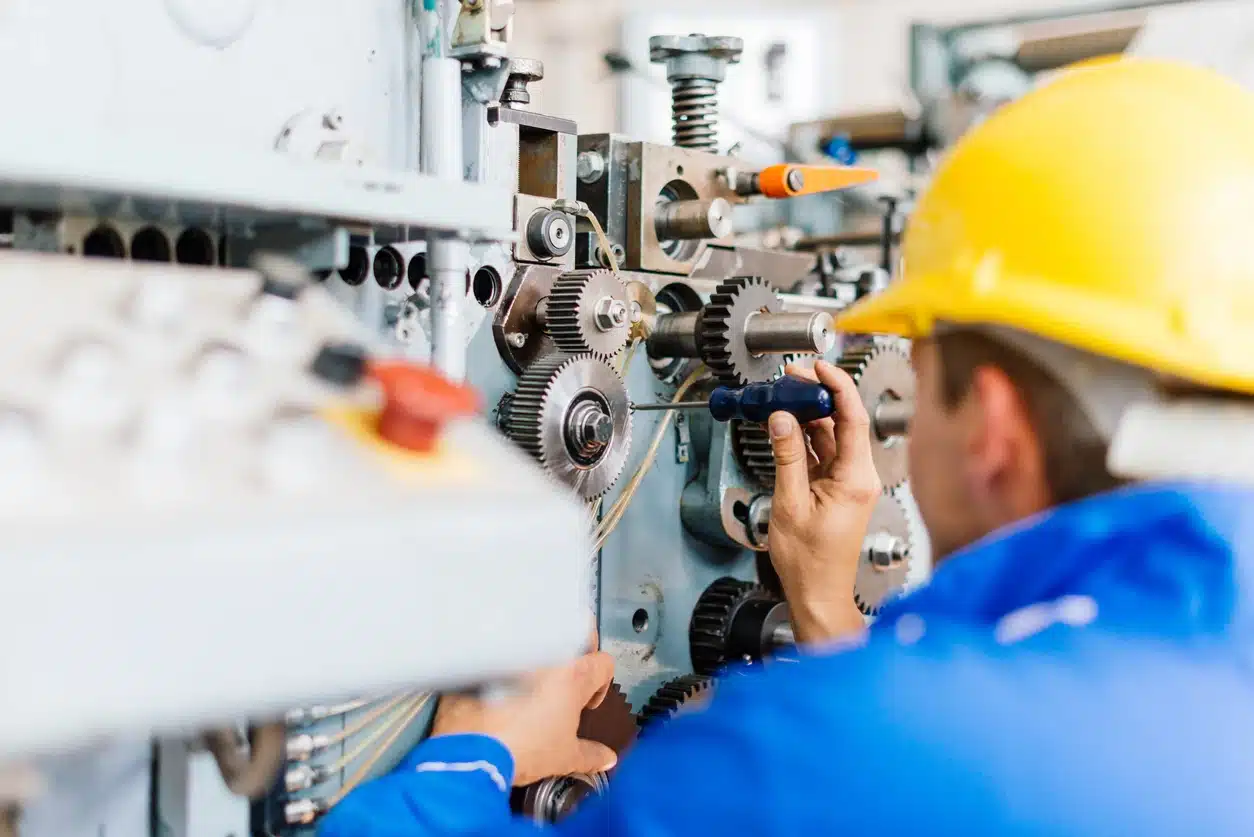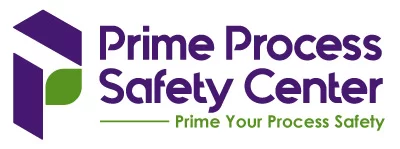
Process safety is paramount in the Equipment Manufacturing industry, addressing hazards linked to heavy machinery, chemicals, and intricate manufacturing processes. It’s vital for averting accidents, preserving employee safety, minimizing equipment downtime, and sustaining production efficiency. This involves identifying potential hazards, conducting risk assessments, designing safe procedures, and implementing effective control measures. Ensuring the integrity of machinery is a significant component, necessitating regular maintenance, inspections, and safety checks. Additionally, handling and storing chemicals require stringent safety measures, including labeling, storage solutions, and emergency response plans.
Compliance with regulations and industry best practices is essential, as is cultivating a safety culture through employee training and awareness, emphasizing proactive hazard identification and prevention.
The Equipment Manufacturing industry, with its complex processes and use of various materials, faces several hazards related to fire, explosion, and accidental releases. Key risks in this industry include:
- Chemical Hazards: The use of hazardous chemicals, such as solvents, paints, and adhesives, in manufacturing processes can lead to fires or explosions if not handled properly. There is also a risk of toxic releases in the event of spills or leaks.
- Combustible Dust: Many manufacturing processes generate combustible dust, which can be highly explosive under certain conditions. Accumulation of this dust in the air and its exposure to an ignition source can lead to devastating explosions.
- Flammable Materials: The storage and handling of flammable materials like oils, fuels, and certain raw materials can create fire hazards, especially if near ignition sources.
- Electrical Hazards: The extensive use of electrical equipment and machinery in manufacturing can pose risks of electrical fires due to short circuits, overloads, or faulty installations.
- Hot Work Operations: Welding, cutting, and other hot work activities can act as ignition sources, particularly in areas where flammable or combustible materials are present.
- Machinery and Equipment Malfunctions: Equipment malfunctions can lead to overheating or the generation of sparks, which can ignite fires or cause explosions, especially in environments with flammable gases or vapors.
- Accidental Releases of Gases: The unintentional release of gases, such as compressed natural gas or propane used in manufacturing processes, can create explosive atmospheres.
- Improper Ventilation: Inadequate ventilation in manufacturing facilities can lead to the accumulation of flammable vapors, increasing the risk of fires and explosions.
To mitigate these risks, the Equipment Manufacturing industry employs a range of safety measures including regular safety audits, proper chemical storage and handling procedures, effective dust control systems, regular equipment maintenance, strict control of ignition sources, and comprehensive safety training for employees. These measures are essential for ensuring a safe working environment and preventing accidents in the industry.
Why Work with Prime Process Safety Center
- Specialized Industry Knowledge: Our team’s expertise in the Equipment Manufacturing industry ensures tailored and effective process safety solutions for your specific challenges.
- Customized Risk Management Approaches: We develop unique risk management strategies that cater to the particular hazards and operational nuances of equipment manufacturing.
- Advanced Safety Technologies: Utilizing the latest safety technologies and analytical tools, we enhance hazard identification, risk assessment, and management, boosting safety and efficiency in your operations.
- Compliance with Regulations: Our in-depth knowledge of industry-specific safety regulations ensures that your operations remain compliant, minimizing legal risks and maintaining industry standards.
- Focus on Safety Culture: We prioritize fostering a strong safety culture within your organization, crucial for proactive risk management and continuous improvement in safety practices.
- Comprehensive Training Programs: Our training is designed to equip your workforce with the necessary skills and knowledge to safely handle equipment manufacturing processes.
- Adaptive and Responsive Support: We offer ongoing support and adapt our strategies to align with the evolving challenges and advancements in the Equipment Manufacturing industry.
- Operational Integrity and Efficiency: Our goal is to enhance not just safety but also the overall operational excellence of your processes, contributing to long-term success and sustainability.
- Collaborative Problem-Solving: We work closely with your team, integrating our solutions seamlessly into your operations to effectively manage process safety challenges.
- Industry-Leading Practices: By collaborating with us, you gain access to industry-leading practices and innovative approaches to process safety, keeping you ahead in a competitive market.

